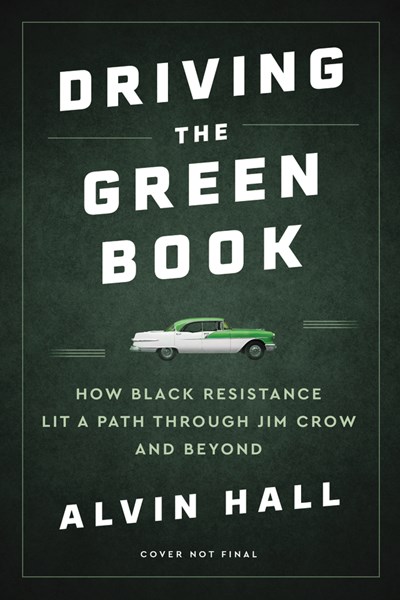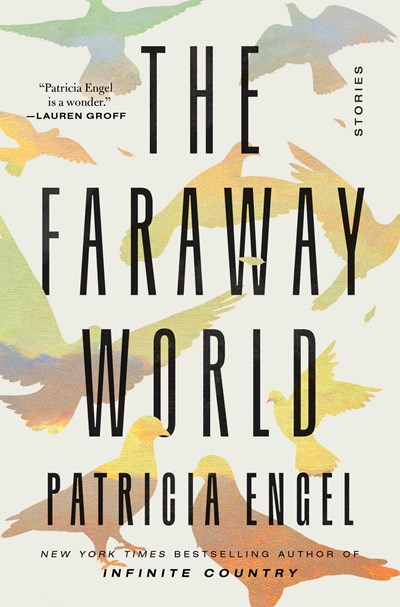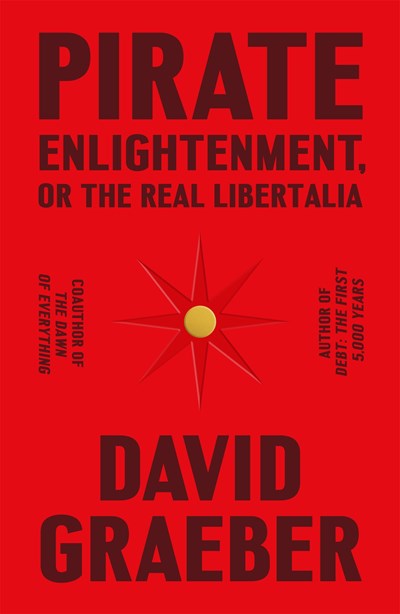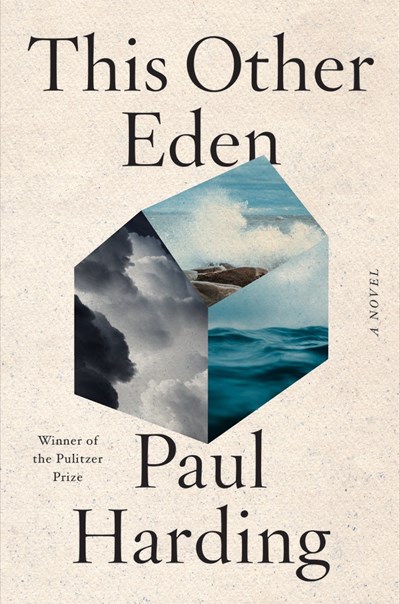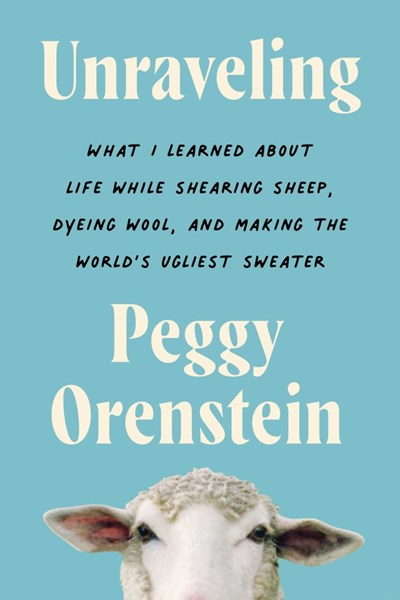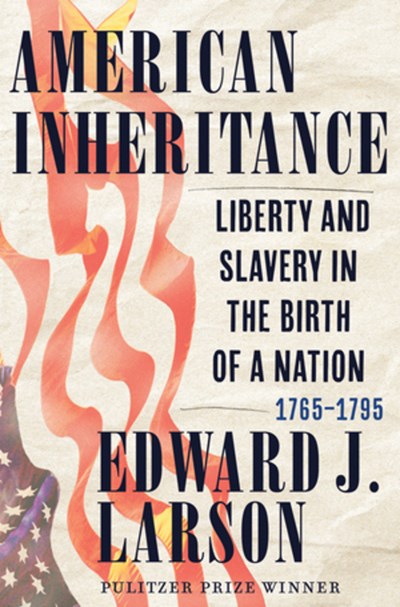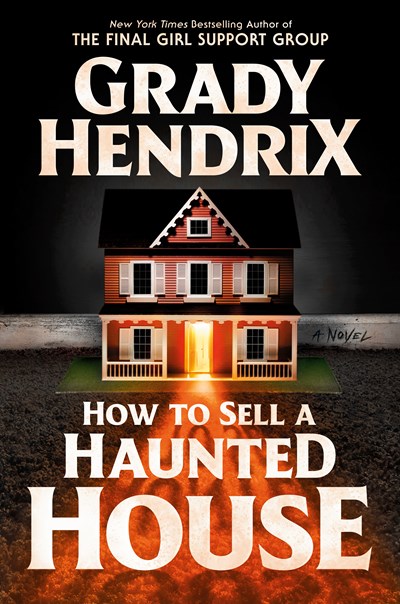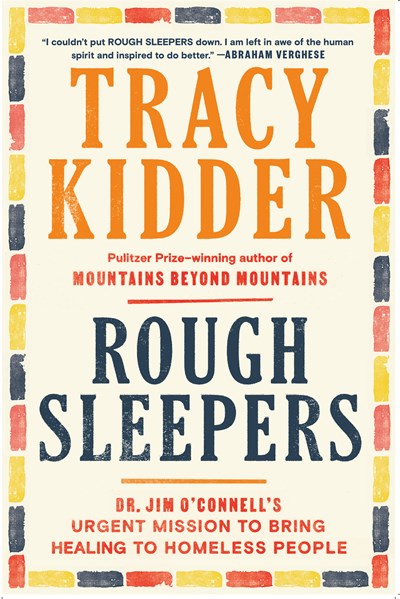*A Zibby’s Most Anticipated Book of 2023*
*One of The Root‘s Most Anticipated Books of January*
*A Good Morning America Best Book of January?*
*An Essence Must Read Book of the Year*?
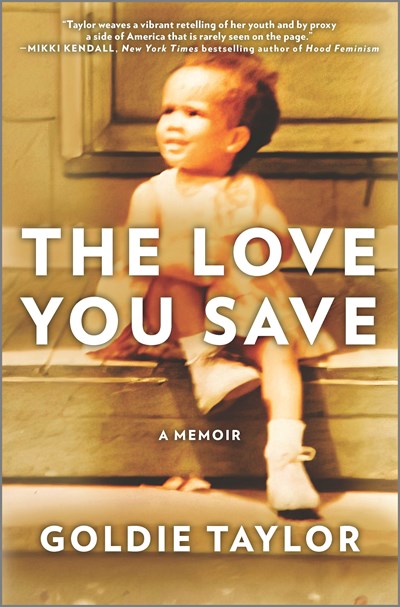
“The Love You Save will console and inspire countless people.”–J.R. Moehringer, New York Times bestselling author of The Tender Bar
I Know Why the Caged Bird Sings meets Educated in this harrowing, deeply hopeful memoir of family, faith and the power of books–from acclaimed journalist and human rights activist Goldie Taylor
Aunt Gerald takes in anyone who asks, but the conditions are harsh. For her young niece Goldie Taylor, abandoned by her mother and coping with trauma of her own, life in Gerald’s East St. Louis comes with nothing but a threadbare blanket on the living room floor.
But amid the pain and anguish, Goldie discovers a secret. She can find kinship among writers like James Baldwin and Toni Morrison. She can find hope in a nurturing teacher who helps her find her voice. And books, she realizes, can save her life.
Goldie Taylor’s debut memoir shines a light on the strictures of race, class and gender in a post-Jim Crow America while offering a nuanced, empathetic portrait of a family in a pitched battle for its very soul.
Profoundly moving, exquisitely rendered and ultimately uplifting, The Love You Save is a story about hidden strength, perseverance against unimaginable odds, the beauty and pain of girlhood, and the power of the written word.




